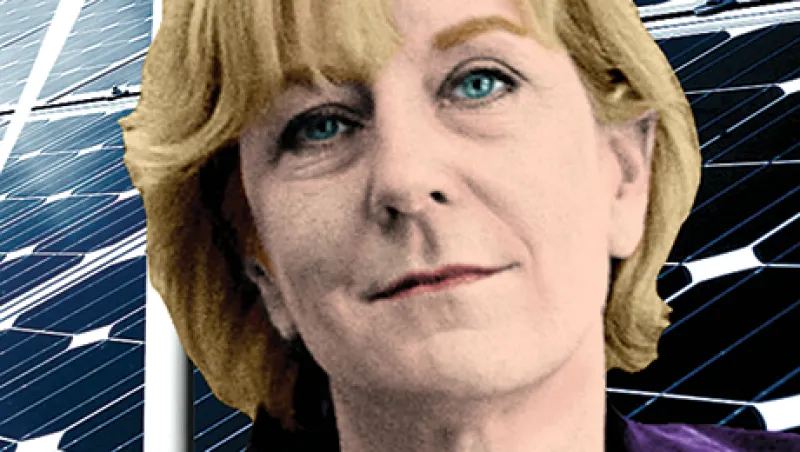
Environmental Activist Ellen Dorsey Pushes Fossil Fuel Divestment
As executive director of the nonprofit Wallace Global Fund, Ellen Dorsey is championing a global investment effort against climate change.
Imogen Rose-Smith
October 2, 2014


